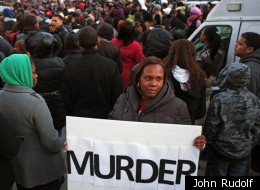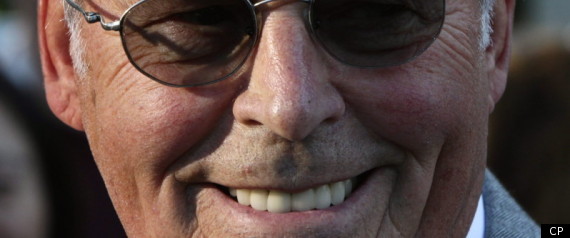We haven’t yet reached the six-week mark, but 2012 has already brought more upheaval to our lives than the 2008-2009 recession.
When the year began we thought the cornerstone of Canada’s pension system, the 60-year-old Old Age Security program, was sturdy. We considered it our one reliable source of retirement income at a time when market forces were battering private pensions and personal savings.
Then, out of the blue, Prime Minister Stephen Harper announced that his government intended to curb the growth of Canada’s retirement income system. He disclosed his plan at a conference in Switzerland, providing no details. Economists at home were left to guess the specifics; actuaries to dispute the urgency; and Canadians to revise their financial plans in a vacuum.
We thought we had a functioning, collective bargaining system in this country as we headed into 2012.
Then we watched Caterpillar Inc., the owner of a productive locomotive firm in London, bust its union (the Canadian Auto Workers), thumb its nose at both the community and the Ontario government, then close the factory, throwing its 460 workers on the scrap heap and walking away with the company’s patents and technology.
When the year began we thought the cornerstone of Canada’s pension system, the 60-year-old Old Age Security program, was sturdy. We considered it our one reliable source of retirement income at a time when market forces were battering private pensions and personal savings.
Then, out of the blue, Prime Minister Stephen Harper announced that his government intended to curb the growth of Canada’s retirement income system. He disclosed his plan at a conference in Switzerland, providing no details. Economists at home were left to guess the specifics; actuaries to dispute the urgency; and Canadians to revise their financial plans in a vacuum.
We thought we had a functioning, collective bargaining system in this country as we headed into 2012.
Then we watched Caterpillar Inc., the owner of a productive locomotive firm in London, bust its union (the Canadian Auto Workers), thumb its nose at both the community and the Ontario government, then close the factory, throwing its 460 workers on the scrap heap and walking away with the company’s patents and technology.



























